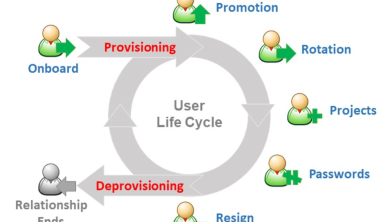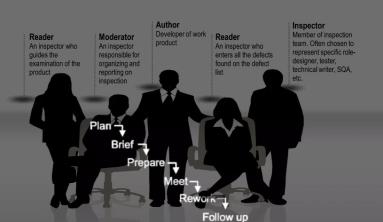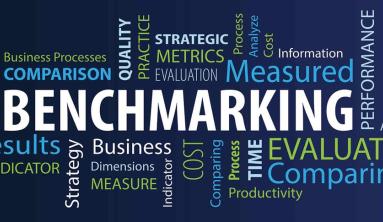How eLearning Facilitates Enterprise Resource Planning Training
It takes many different processes to run a business. Be it Inventory Management, Accounting, Human Resources, Customer Relationship Management (CRM) or any other, all are important for the success of your company. For the smooth working of any organization, it is essential that employees conveniently access these resources seamlessly to achieve your end goals. Enterprise Resource Planning (ERP) is a software that integrates the various functions of your many business verticals into one comprehensive system to streamline processes and information across the entire organization.
ERP applications assist employees in doing their jobs more efficiently by breaking down barriers and sharing useful insights between different business units. For example, the CRM unit can provide user data to Inventory Managers to better control the flow of goods. This makes ERP systems the backbone of any major organization. For such a powerful software to be utilized to its full potential, it is necessary that employees are effectively trained to use it.
However, using traditional methods to teach learners a sophisticated software can prove to be challenging, as there are only so many procedures you can convey in the classroom verbally before you start boring people. ERP training without any digital aid will quickly lose its steam as learners will have a hard time visualizing the interface and the functionalities. That’s why it's best to use a digital learning strategy for your ERP training. Let’s explore some of the advantages technology-based learning brings to the table:
1. Hands-On Learning Using Simulations
eLearning courses give employees the opportunity to experience the actual ERP system, without any of the real-world ramifications, with simulations. It is basically an emulation of the actual software, with all its complexities and functionalities. A simulation gives learners many opportunities to practice using the software, make mistakes, and learn from them, till they perfect the task at hand. When learners use the actual ERP system, they will feel completely at home since they have already figured out the entire console in simulation sessions and nothing is left to the imagination.
2. Better Understanding Through Online Narratives
Let’s not forget that an ERP system is well connected to the real world. One click of a button can have real consequences, such as dispatching a shipment, or initiating a production process. Instructional strategies, such as storytelling, or scenario-based learning, help you construct a layered story around your complicated ERP processes.
This helps end users better visualize the entire process, establishes relativity, and imparts a sense of responsibility while using the software. Additionally, you can also include case studies, which depict success stories of proficient ERP use. These will inspire employees to welcome the new technology with open arms.
3. Better Retention Via Interesting Online Media
Learning to use a complicated software, like ERP can get a little dull and mundane at times. Even though learners are looking at your eLearning content, chances are that they are retaining very little information. Luckily, the digital learning medium has the means to overcome this by using various interactive elements and attractive multimedia.
eLearning can make use of high-quality videos, sleek infographics, and captivating animations to make sure that learners’ attention doesn’t stray. eLearning also uses game-based content to boost learner involvement. Such games are created with your Subject Matter and ERP functionalities embedded in them.
4. Thriving Support System
A single user may use the ERP for several tasks. Therefore, it is better if they have access to the steps of each task, they can refer before actually executing. Using mobile devices, digital learning can effectively help you achieve this. You can create precise and crisp job-aids to help end users in training reinforcement. These can act as just-in-time learning modules, that incorporate every aspect of a particular topic, to give users appropriate support when they require it the most, and they can be accessed anywhere.
With ERP, your organization has already enabled technology for its day-to-day activities. So, why shouldn’t learning how to use it incorporate the same?
Source: https://elearningindustry.com





